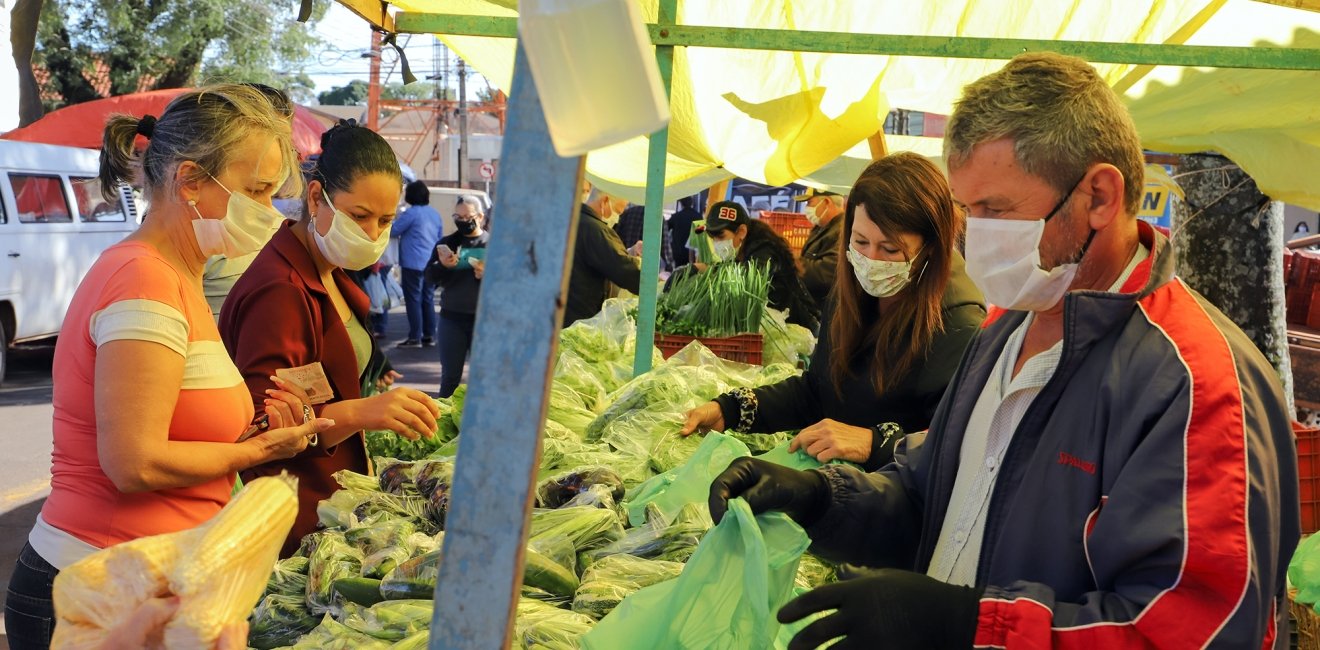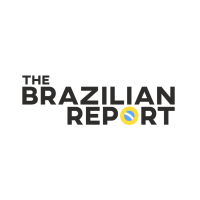
A blog of the Brazil Institute
We all knew it would happen, but now it's official: Brazil is once again in recession. Just a handful of years after barely emerging from its longest economic slump on record, Latin America's biggest economy finds itself back in the red once more, as a direct result of the COVID-19 pandemic. The Brazilian Institute of Geography and Statistics (IBGE) recently announced GDP fell a monumental 9.7 percent in Q2 2020—just above market expectations, but still the worst quarterly result ever recorded.
Industry shrank 12.3 percent in the three months ending in June, and the crucial services sector fell 9.7 percent. Agriculture was the sole silver lining, rising 0.4 percent in comparison to Q1.
However, these disappointing results reflect the eye of the coronavirus storm, from which economists consulted by The Brazilian Report believe the country is emerging.
“The result could actually have been much worse and the Brazilian economy is recovering faster than expected,” says Sergio Vale, chief economist at MB Associados. “That makes room for a lower-than-expected yearly drop.” Mr. Vale revised his yearly GDP predictions from a 6-percent contraction to 4.8 percent after today's announcement.
Indeed, entering into recession had already been priced into the local market, and the benchmark stock index Ibovespa largely ignored the IBGE's announcement, focusing instead on promises by President Jair Bolsonaro and Economy Minister Paulo Guedes to submit a public service reform by September 4. The government presented a public sector reform bill to Congress on September 3.
Furthermore, the GDP figures come one day after the government submitted a miserly budget proposal for 2020, encouraging investors who feared Brazil may break with public spending rules and increase its debt.
“The GDP result was already expected,” says Marco Harbich, a strategist at Terra Investimentos and columnist at The Brazilian Report. “What matters from now on is the [government’s] commitment toward balancing the public accounts.”
Silver Linings
As is often the case during Brazilian economic hardship, agribusiness stood as the solitary bright spot in a disappointing Q2 performance. The sector grew 1.2 percent year-over-year off the back of booming harvests, lower foreign exchange rates, and increasing demand. Mr. Vale adds that the Brazilian economy is highly dependent on commodities, meaning the positive momentum for the sector creates more dynamism for the entire agribusiness chain.
Lower interest rates, meanwhile, have created conditions for resilience in the construction industry. In Q2, it saw a drop of 5.7 percent, which, while steep, far outperformed industry as a whole. Meanwhile, real estate activities rose 0.5 percent in Q2, corroborating this tentatively positive outlook, says Lucas Carvalho, an analyst at Toro Investimentos.
“As civil construction is a labor-intensive sector, this shows the possibility of faster recovery than previously expected,” he says.
Economists unanimously point toward the importance of the government's emergency coronavirus aid program in preventing an even more severe drop in consumption. The R$600 ($112) monthly payments have become increasingly important in the revenue of Brazilian families; in July, the entire amount paid out by the federal government in benefits surpassed the salary losses suffered due to the pandemic.
Therefore, despite plans to reduce the monthly stipends to R$300, continuing the program until the end of the year will help support the economy in the coming months.
Recovery Prospects
Since 2017, Brazil's fragile recovery has been sustained by family consumption. Thus, the reduction to emergency aid and the weak job market signal trouble ahead. Savings figures provide further evidence of growing economic insecurity, as the national savings rate jumped to 15.5 percent, compared to 13.7 percent last year, largely on the strength of increased household savings.
According to economists, Brazil now faces the task of fostering investments in order to survive, but the prospects are challenging. In the second quarter, the investment rate fell to 15 percent, compared to 15.3 percent a year before. Gross fixed capital formation—another important bellwether for investments in the productive sector—fell 15.2 percent in the same comparison.
It is unlikely that the much-needed boost in investment will come from the government. As seen in the budget proposal delivered to Congress on August 31, the federal administration will only have R$ 96 billion available for discretionary expenses in 2021, which includes investments.
Such a scenario highlights the dire need for reform. “I believe that approving reforms will allow the government to increase investments. Reforms are essential to bringing growth back,” says Mr. Harbich.
Mr. Carvalho believes that a reform of Brazil's tax system would be especially important to attract both domestic and foreign investments, having a positive impact on industry and services. However, that depends on the ability of the Bolsonaro administration to deliver the reforms on time.
“The Economy minister has promised to deliver reforms several times and now he’s overwhelming Congress with proposals that delay the process. Moreover, those are too complex discussions for online votes, and this is an electoral year,” highlights Mr. Vale. “The unstable macroeconomic environment will be more evident in 2021, especially with a government that is increasingly focused on elections and underperforming in the economy.”
Like the content? Subscribe to the Brazilian Report using the discount code BI-TBR20 to get 20 percent off any annual plan.

Author

Brazil Institute
The Brazil Institute—the only country-specific policy institution focused on Brazil in Washington—aims to deepen understanding of Brazil’s complex landscape and strengthen relations between Brazilian and US institutions across all sectors. Read more

Explore More in Brazil Builds
Browse Brazil Builds
They're Still Here: Brazil's unfinished reckoning with military impunity




